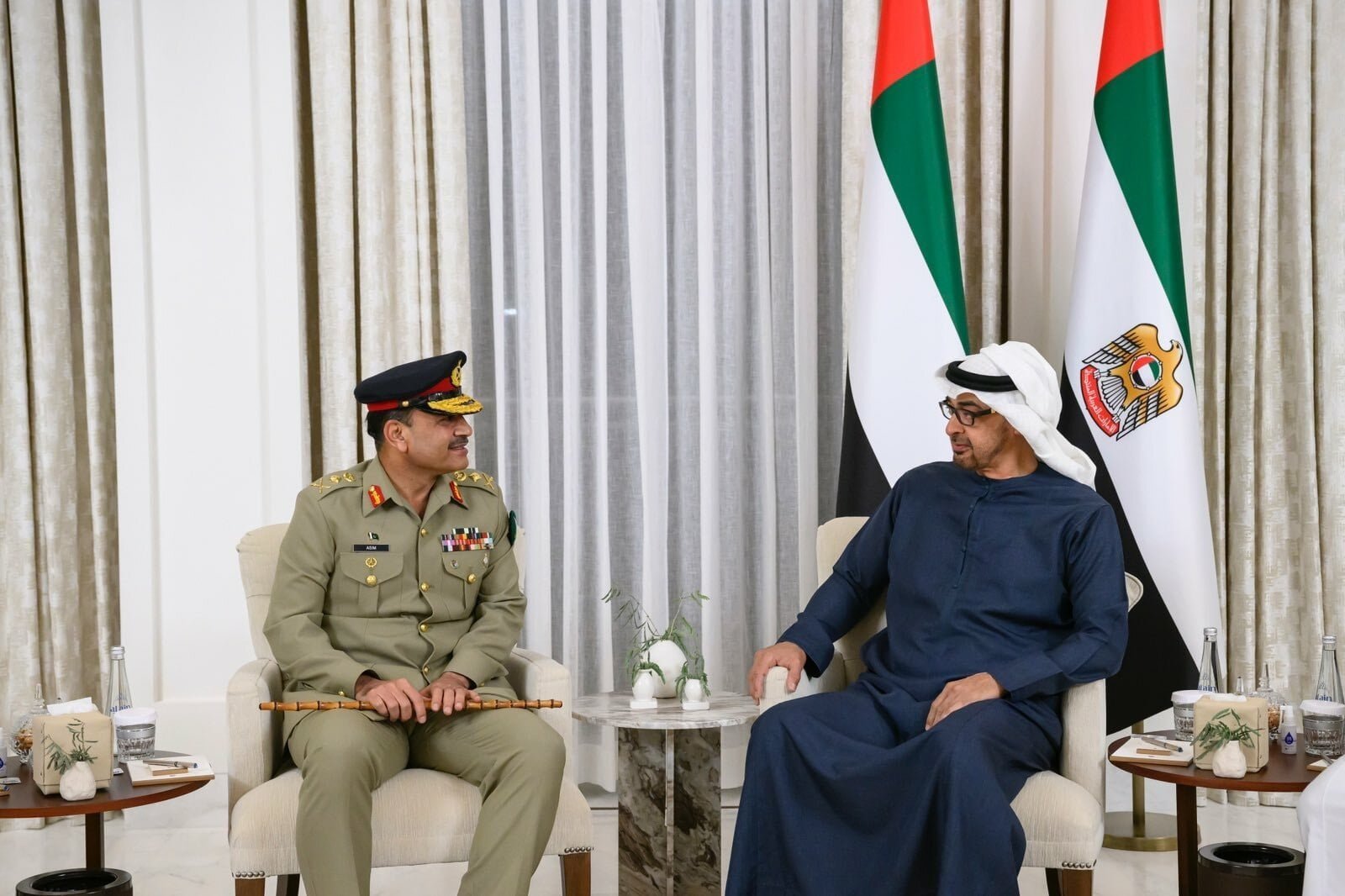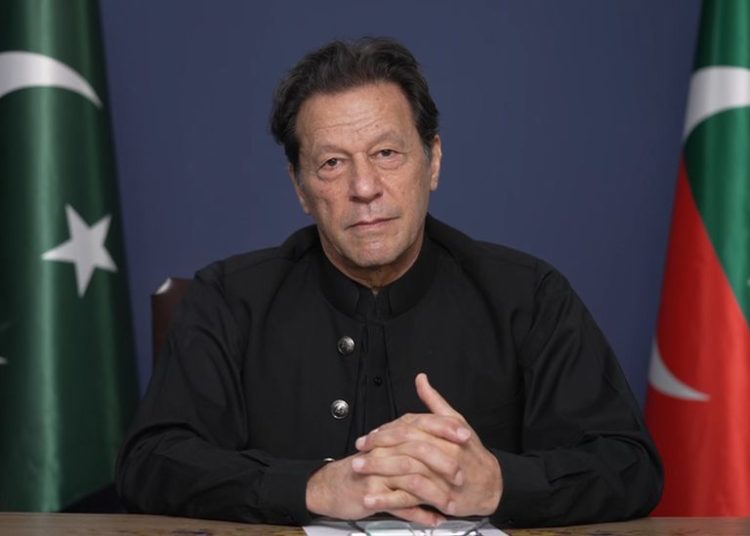On Saturday, Israel conducted airstrikes on what it described as Hezbollah weapon facilities in southern Beirut. This action followed rocket fire from the Lebanese group into northern Israel, along with a claim that a drone was launched at Prime Minister Benjamin Netanyahu’s vacation home. Fortunately, Netanyahu was not present, and it remains uncertain if his residence was hit. He condemned the incident as an assassination attempt by Hezbollah, which he referred to as “Iran’s proxy,” deeming it a “serious mistake” amidst preparations for retaliation against a recent Iranian missile assault.
These strikes coincide with escalating violence in Gaza, where over the last year, Israeli bombardments have reportedly resulted in more than 100 casualties and a tightening blockade on several hospitals. The death of Hamas leader Yahya Sinwar this past Wednesday has heightened fears that continued fighting between Israel, Hamas, and Hezbollah may prevent any chances for ceasefire agreements.
As the United States approaches its election season, Israeli officials are reportedly ramping up military activities to safeguard their borders and prevent their adversaries from regrouping. Israeli planes dropped leaflets over southern Gaza featuring Sinwar’s image and declaring that “Hamas will no longer rule Gaza.”
That same day, airstrikes in Beit Lahiya, a northern Gaza town, resulted in at least 73 deaths and many injuries. The Israeli military is currently investigating reports regarding casualty figures from this operation. In Beirut, significant bombings led to plumes of smoke overshadowing the city, with claims that Hezbollah weapon depots and intelligence centers were targeted.
Thousands have fled southern Beirut, a region known for its high population and Hezbollah stronghold, as Israeli strikes have been consistent for the last three weeks. Notably, an Israeli airstrike on September 27 was reported to have killed Hezbollah Secretary-General Hassan Nasrallah and other high-ranking members.
Earlier on Saturday, two individuals were killed on a highway in Lebanon during an Israeli strike, and another incident in the Bekaa Valley left four dead, including a mayor. Meanwhile, Hezbollah fired approximately 200 projectiles toward Israel, resulting in one death and at least nine injuries reported by emergency services.
In response to an attack on his home, Netanyahu warned that any threats against Israeli citizens would incur severe consequences. Iran has stated that it has already retaliated against Israel, defining some of the ongoing actions as Hezbollah-led.
The hostilities, which have escalated since the outbreak of the Gaza war last October, have sparked direct confrontations between Israel and Iran. Just last month, more than 2,400 people have died in Lebanon due to the conflict, with Western leaders pointing to Sinwar’s death as a potential opportunity for a ceasefire and negotiations for the release of hostages.
However, discussions for any agreements have been stalled, even as U.S. Secretary of State Antony Blinken plans to visit Israel soon as part of a broader diplomatic effort.
















